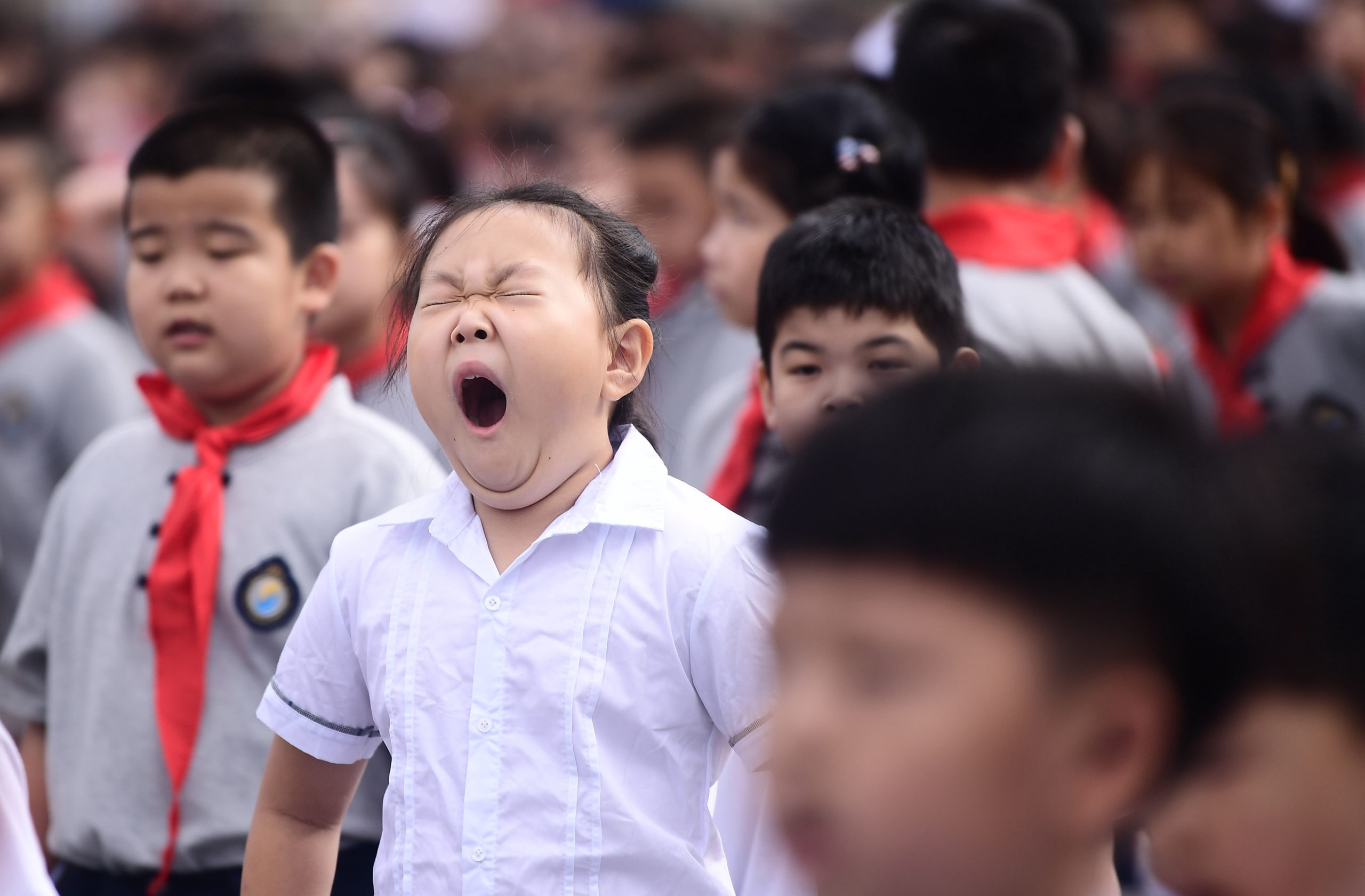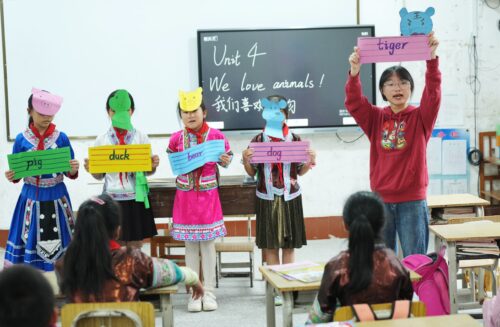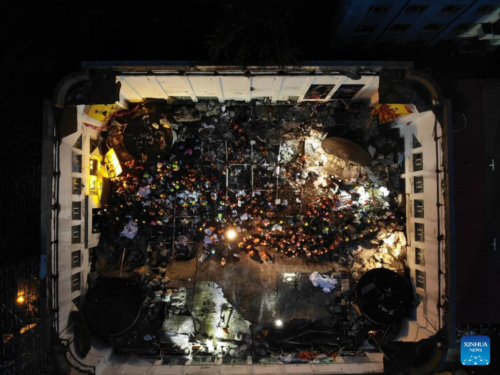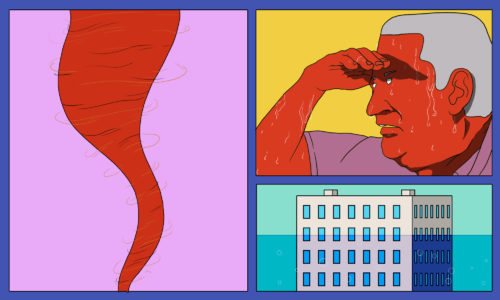‘Nannies’ who happen to teach: China cracks down on loopholes in private tutoring ban
After China banned companies from making a profit by selling after school tutoring services, well-off parents and tutors quickly found ways to get around the regulations. But the Ministry of Education is on the case.

Roughly a month after China declared a full-throated war on after school tutoring companies, the country’s education authority has announced that it will intensify its crackdown on the private tutoring industry by sealing loopholes in its previous directive and broadening its scope to include one-on-one lessons taught by private tutors at home and study-abroad programs that include academic lessons.
In a decree (in Chinese) issued yesterday, the Chinese Ministry of Education acknowledged that since the introduction of the “double reduction” policy — a plethora of rules aimed to ease homework and after-school study hours for students — there have been some “realistic problems” in its implementation. The Ministry said that the main issue was training programs moving underground to avoid supervision, which had created a black market for “invisible variants” of traditional tutoring.
According to the Ministry, the new wave of the crackdown will address unlicensed organizations or individuals who conduct “illicit after-school tutoring programs” by branding themselves as “providers of housekeeping and childcare services,” “professional nannies,” or “crowdfunded private tutors.” The announcement stated that teachers were forbidden from making profits from tutoring activities outside of school or distributing recorded lessons.
China news, weekly.
Sign up for The China Project’s weekly newsletter, our free roundup of the most important China stories.
The Ministry also stressed that it is illegal for companies to include lessons on core school subjects in special academic excursions like study-abroad programs and summer camps. Offering lessons through online meetings or on live streaming platforms is strictly banned, too, along with other “unconventional forms” of extracurricular training.
Wednesday’s directive was the latest in a series of steps Beijing officials have taken since the “double reduction” policy went into effect. Last week, the National Development and Reform Commission, China’s top economic regulator, together with the Ministry of Education and other departments, ordered (in Chinese) local governments to establish benchmark fees and floating ranges for after-school tutoring institutions. On Monday, the Education Ministry issued (in Chinese) a fresh set of guidelines on “teaching material at tutoring schools,” requiring them to make curriculums in line with the “public schools’ schedule.” A day later, the Ministry set a deadline (in Chinese) of the end of this year for all tutoring schools to register as nonprofit organizations.
In July, after months of rumors and ominous signs, China’s aggressive campaign to rein in its $120 billion out-of-school education sector officially took off with the State Council, China’s highest governing body, unveiling a flurry of stringent regulations intended to lessen the cost burden on parents and the stress on children. The initial slew of rules banned companies teaching the school curriculum from making profits, raising capital, or going public. Under the new policy, no new private tutoring firms could register, while online education platforms also had to seek new approval from regulators even if they had previous credentials.
The out-of-school education industry has been left reeling, with about $1.5 billion wiped off the combined market value of major companies like TAL Education Group, Gaotu Techedu Inc., and New Oriental Education & Technology Group Inc.
But in a country where education is still widely seen as a social ladder to personal and professional success, the reform received a tepid reception from Chinese parents, who worry that Beijing’s intervention could handicap their offspring for life, depriving them of the potential to get well-paid jobs.
And wherever there is demand, there is supply. As parents scrambled to find other alternatives, many companies and instructors in the tutoring industry moved to operate under the radar, forming an underground market where tutoring services were more expensive and exclusive. In August, a parent in Shanghai told Bloomberg that some one-on-one tutors in the city were charging as much as 3,000 yuan ($464) an hour, a price higher than ever.
Meanwhile, leading players in the sector were announce dramatic pivots. TAL Education Group, China’s second-largest edtech firm, launched a new division focused on “children’s overall growth,” offering a wide range of lessons on non-core-curriculum subjects for children, such as presentation skills and Chinese calligraphy. New Oriental Education, the country’s largest after-school tutoring company, is rumored to have started selling courses on parenting, teaching adults to help children manage time and their emotions and to learn effectively.






